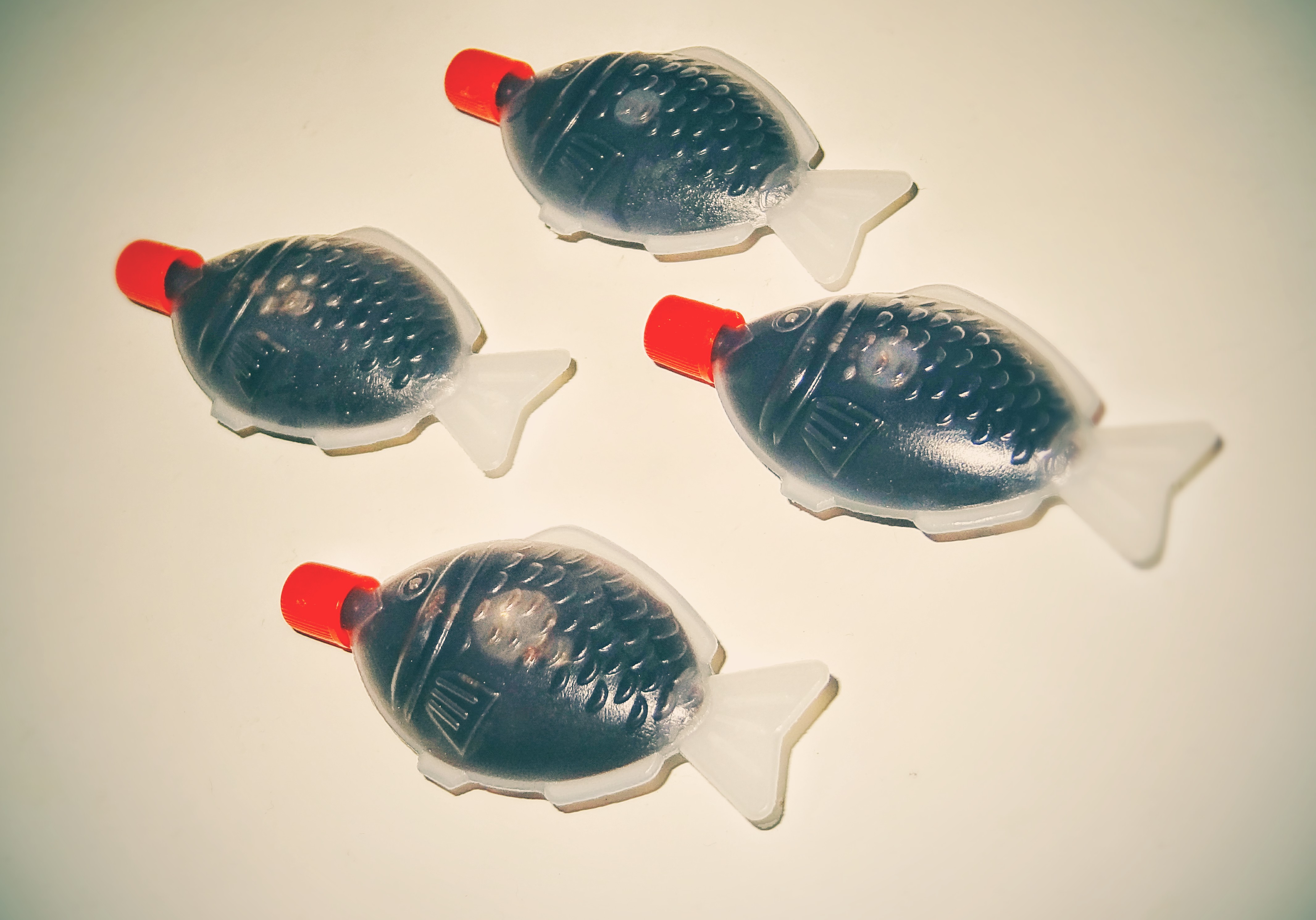Soybeans were first domesticated in Northern China, where they were used as a staple food source. Soy can be processed from soy beans into a variety of forms including soy milk and soy protein. Recently, soy has been appearing in various diets and healthy dietary regiments. Its many health benefits include the alleviation of diarrhea and the prevention of osteoporosis. Recently, a new study was published in Endocrine Society’s Journal of Clinical Endocrinology and Metabolism claiming that soy may improve cardiovascular health and diabetes symptoms in women suffering from polycystic ovary syndrome (PCOS).
In this study, 70 women with PCOS were randomly separated into two different groups. One group was given 50 mg/d of soy isoflavones for 12 weeks while another group was given the placebo. Isoflavones are the active component in soy, a major player in all of the health benefits related to soy. At the beginning of the study, each individual’s metabolic, endocrine, oxidative stress, and inflammation biomarkers (a measurable substance in the body whose levels can be used to indicate disease etc.) were measured. After 12 weeks, the same biomarkers were quantified. The researchers discovered that those who consumed the soy isoflavones had lower levels of the biomarkers that cause insulin resistance commonly found in Type II diabetes. The treatment group also had lower levels of androgens, triglycerides, and harmful cholesterol. High cholesterol often indicates a higher risk for coronary heart disease. Overall, the results demonstrated soy’s effectiveness in improving cardiovascular health and preventing diabetes in women suffering from PCOS.
Although this new study seems to prove the benefits soy can have on the health of women with PCOS, multiple studies in the past have demonstrated the general health advantages of soy consumption as well. However, with any food or vitamin supplement, it is always recommended to consume in moderate amounts. Soy may be a wonderful addition to your diet, but it should not replace other components that create a balanced meal plan!
Feature Image Source: shes_so_high










